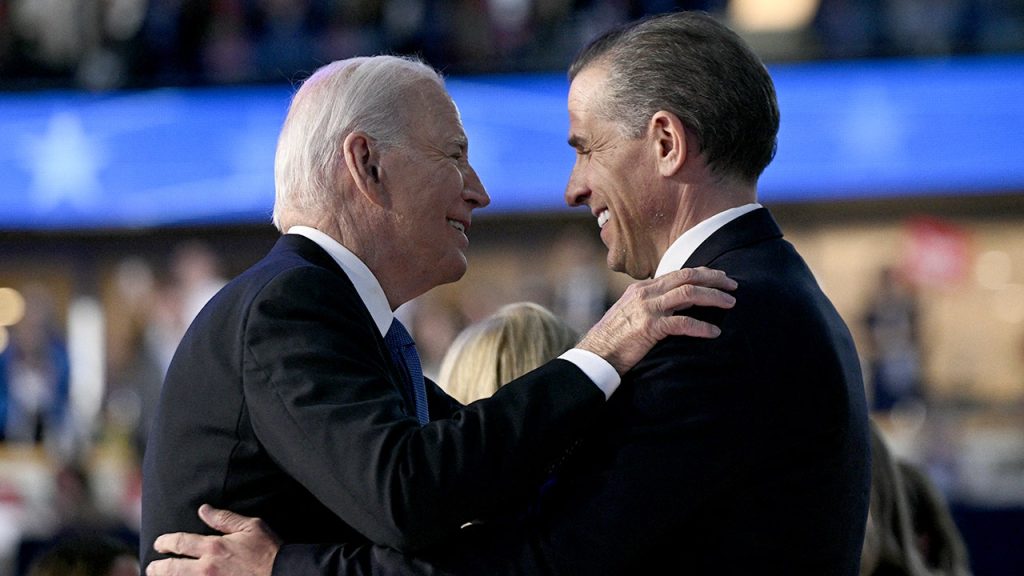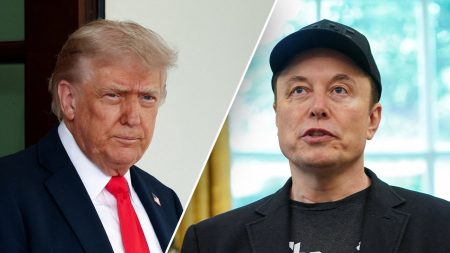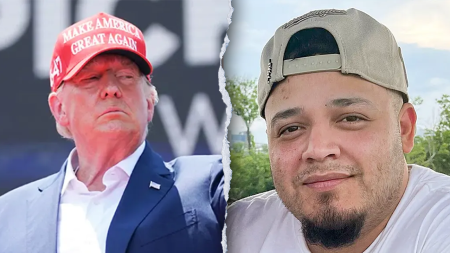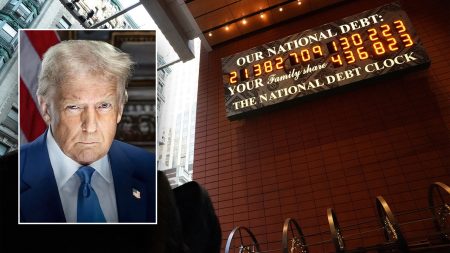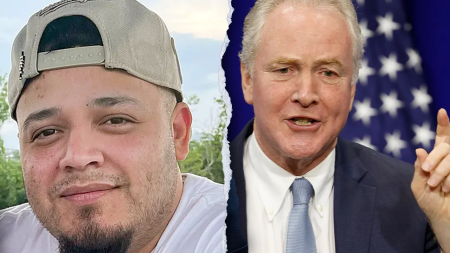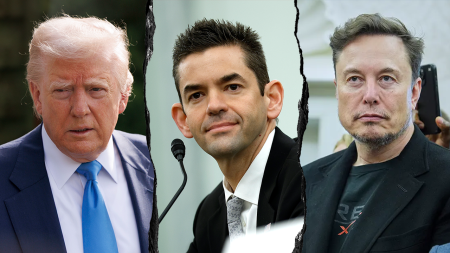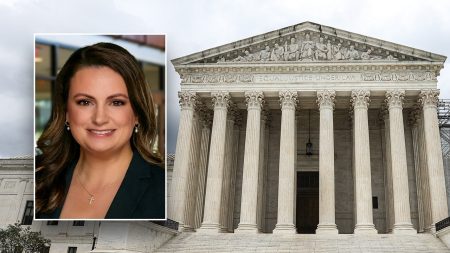Several Republican lawmakers harshly criticized President Joe Biden’s decision to pardon his son Hunter Biden after he had previously asserted that “No one is above the law.” Reps. Tom Emmer and Eli Crane shared Biden’s old post and retorted, “Unless your last name is Biden.” Sen. Ted Cruz also weighed in, tweeting, “This aged like fine milk.” Rep. Steve Scalise called the situation a “long coverup scheme” and expressed his outrage at the “disgraceful” lack of accountability from the Biden family.
President Biden defended his decision to pardon Hunter, stating that he had promised not to interfere with the Justice Department’s decision-making. He claimed that his son had been unfairly and selectively prosecuted, prompting him to grant a “Full and Unconditional Pardon” covering offenses committed by Hunter between January 1, 2014, and December 1, 2024. This move has sparked further backlash from critics who accuse the Biden family of playing by different rules than the rest of the population.
Former President Donald Trump also weighed in on the controversy, questioning whether the pardon included the “J-6 Hostages” who have been imprisoned for years. He condemned the situation as an “abuse and miscarriage of Justice.” Trump’s comments added fuel to the fire of criticism surrounding the pardon, leading to calls for transparency and accountability within the Biden administration.
The pardon of Hunter Biden has reignited debates around nepotism, privilege, and corruption within the political sphere. Critics argue that the decision reinforces perceptions of political elites receiving preferential treatment over ordinary citizens. The partisan divide over the issue has deepened, with Republican lawmakers using the pardon to attack the Biden administration’s integrity and credibility.
As the controversy continues to unfold, questions remain about the motivations behind the pardon and the implications for accountability within the Biden family. Despite facing criticism from both sides of the political spectrum, President Biden has stood by his decision, emphasizing his commitment to upholding the rule of law. The aftermath of the pardon underscores the complexities of navigating issues of justice, power, and privilege in the high-stakes world of politics.
Ultimately, the Biden administration’s handling of the Hunter Biden pardon raises broader concerns about the intersection of family ties, legal responsibilities, and public perception in the realm of governance. The fallout from the pardon serves as a reminder of the challenges and controversies that arise when political leaders are faced with balancing personal relationships with their duties to uphold justice and equality for all citizens. It remains to be seen how the aftermath of this decision will impact the Biden presidency and the ongoing debates surrounding accountability in the highest offices of the United States government.




